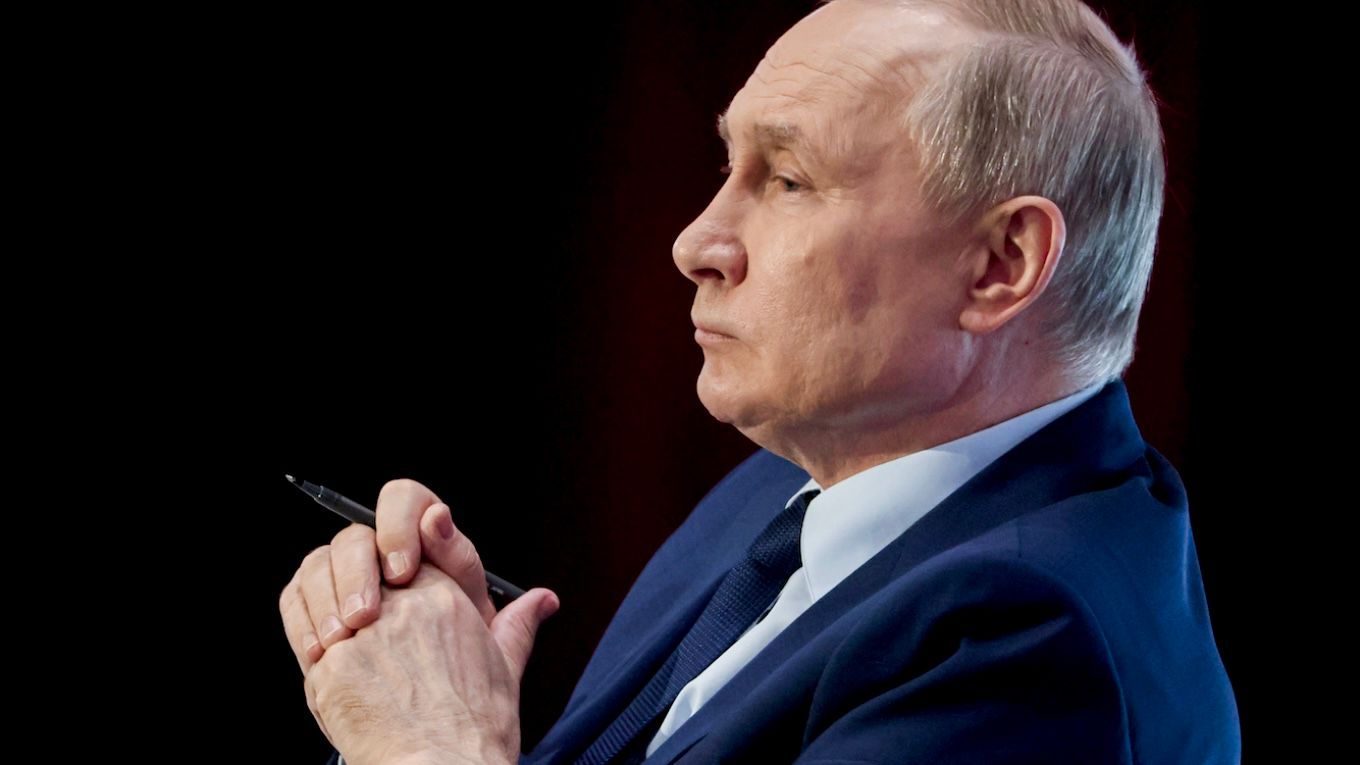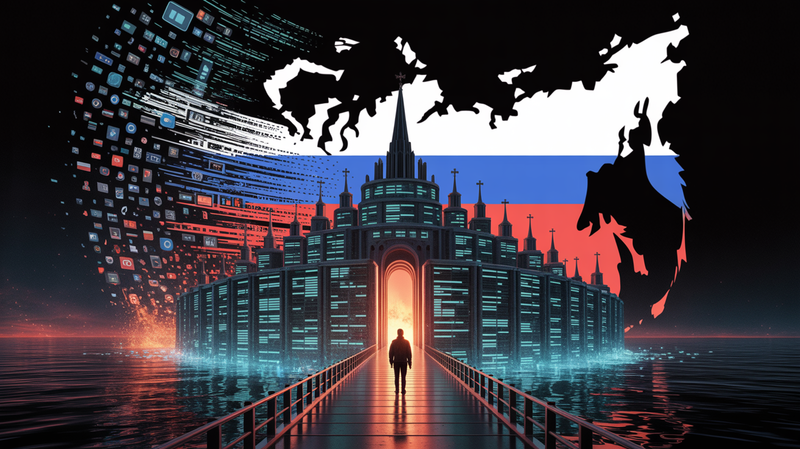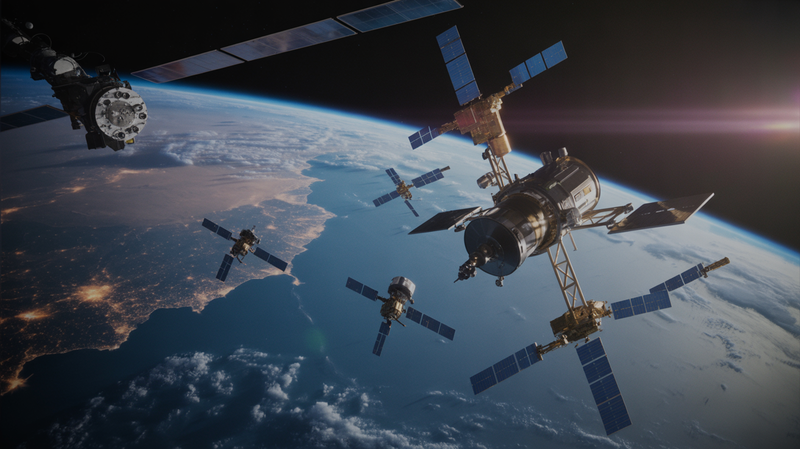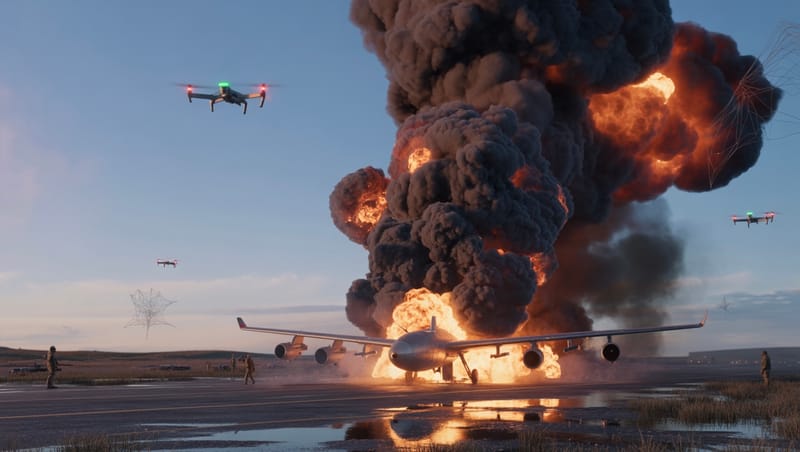Putin's Prolongation: A Gaze Beyond 2024
In the shadow of a world both wary and watchful, a revelation stirs within Russia’s vast expanses - Vladimir Putin, the nation’s resilient helmsman, is set to extend his epochal tenure. Sources steeped in Kremlin corridors whisper of his intent to contest the upcoming presidential election, a move

In the shadow of a world both wary and watchful, a revelation stirs within Russia’s vast expanses - Vladimir Putin, the nation’s resilient helmsman, is set to extend his epochal tenure. Sources steeped in Kremlin corridors whisper of his intent to contest the upcoming presidential election, a move poised to cement his leadership until at least 2030. Such a decision portends to be not merely a quest for continuity but a response to what is perceived as the most tempestuous era Russia has faced in recent memory.
Post-mutiny maneuvers following the Wagner Group insurrection in June saw Putin deftly consolidate his stronghold. He rallied the unswerving loyalty of his security bulwarks, from shadowy operatives to uniformed patriots, while regional allegiances beyond Moscow’s glittering domes were meticulously fortified. The Wagner, once untethered, now finds itself reined firmly within the Kremlin’s strategic grasp.
The steady crescendo of Russian defense allocations resonates against a backdrop of heightened public visibility for Putin, his presence a pervasive narrative across the nation’s tapestry. A chorus of anonymous voices affirms the inevitability of his candidacy, while Kremlin spokesperson Dmitry Peskov maintains a stance of noncommittal, the official clarion call yet to sound.
Putin’s potential perpetuation at Russia’s helm comes amidst a tableau of unparalleled challenge. The lingering specter of the Ukrainian conflict, a war that has thrust Russia and the West into their frostiest stand-off since the spine-chilling days of the Cuban Missile Crisis, casts long shadows. Sanctions bite, the economy staggers, and defense expenditures swell, heralding a budgetary behemoth for 2024.
Yet, it was the daring defiance of Yevgeny Prigozhin, leader of the feared Wagner mercenaries, that bore the sharpest teeth against Putin’s reign. A mere two months following the mutiny, fate's cruel hand silenced Prigozhin forever in an aviation tragedy, allowing Putin to reinforce his dominion and subdue the Wagner remnant under the watchful gaze of his most trusted institutions.
The West’s narrative paints Putin as the architect of atrocities and an overlord steering Russia towards an unsustainable imperialistic fantasy. Conversely, the Kremlin casts the fray as a titanic tussle against a West insatiable for Russia’s rich resources, with a future checkmate against China in contemplation.
As Putin portrays it, this war is but a fragment of a grander chessboard, one where geopolitical gambits against a unified West demand a leader unswayed by the tides of change. Yet, within Russia’s own heartland, voices of dissent resonate - from the imprisoned dissent of Alexei Navalny to the somber reflections of human rights stalwarts. These are the chords of an alternative discourse, speaking of regression, of a nation ensnared within the familiar coils of totalitarianism.
In these intricate dances of power, permanence, and perception, one factor remains unequivocally clear - Vladimir Putin, a figure once handed the mantle by a predecessor at the century’s cusp, is not poised to fade into the annals of history. Instead, he appears resolute to stride into the future, a future where the echoes of his influence may very well resound beyond 2030.




